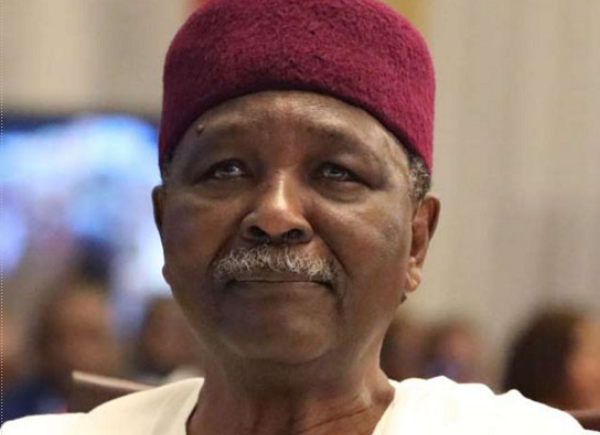Gowon Explains Why the Aburi Accord Collapsed.
- Home
- Gowon Explains Why the Aburi Accord Collapsed.

Gowon Explains Why the Aburi Accord Collapsed.
Former Head of State, General Yakubu Gowon, has offered new insight into why the Aburi Accord—a peace agreement meant to prevent the Nigerian Ci
vil War—ultimately failed.
Speaking during a televised interview, Gowon explained that then-Eastern Region Governor, Col. Chukwuemeka Odumegwu Ojukwu, wanted regional governors to control military zones, a demand the federal delegation could not accept.
The Aburi Accord was reached during a meeting between federal and Eastern region representatives in Aburi, Ghana, on January 4–5, 1967. Although both sides agreed in principle that each region would oversee its own affairs, the interpretation and implementation of the agreement later became a source of contention.
Gowon said he became seriously ill shortly after returning from the Aburi meeting, which delayed further discussions. During that time, Ojukwu publicly announced details of the accord that, according to Gowon, were not agreed upon by both sides.
“We went to Aburi to talk as officers and find a solution to the crisis back home. That was my understanding,” Gowon said. “But Ojukwu had a different interpretation and began making statements that were not aligned with what we discussed.”
He revealed that a follow-up meeting was scheduled in Benin City to clarify the agreement, but Ojukwu declined to attend, citing concerns for his safety.
Gowon described one of the major sticking points: Ojukwu’s insistence that regional military zones should be under the direct command of regional governors. “We couldn’t accept that. It would mean he controlled the military in the East, and others would do the same in their regions. That would fragment the armed forces,” he explained.
On Nigeria’s Progress Since the Civil War
Gowon expressed optimism about Nigeria’s development since the end of the war in 1970. He defended his “no victor, no vanquished” policy, saying it helped keep the country united and focused on rebuilding.
“Isn’t Nigeria thriving today, 55 years after the war?” he asked. “We may not be perfect, but we’ve survived and made progress.”
He specifically noted improvements in the Eastern region and reiterated that post-war efforts focused on reconstruction and reintegration, known as the “three Rs”: Reconstruction, Rehabilitation, and Reintegration.
On the 1975 Cement Controversy
Addressing allegations that his government mishandled cement importation, Gowon said the so-called “cement scandal” was misunderstood. He explained that the issue arose from a global cement shortage combined with shipping delays.
“It wasn’t that we ordered more than our ports could handle—it was an international logistics issue,” he said, emphasizing that the situation occurred shortly before his removal from office.
Legacy and Reflections
Gowon, now 89, said he hopes to be remembered as a leader who loved Nigeria and always wished the country well. “Even if I can’t fight, I can still pray for Nigeria to succeed,” he said.
Responding light-heartedly to reports that former U.S. President Donald Trump had considered restricting visas for Nigerians, Gowon joked, “If I can’t go to America, maybe I should just focus on making Nigeria better than America.”

Content & Editorial Manager – Leads the creation, review, and publication of high-quality news and media content. She ensures that all editorial work reflects the organization’s standards of accuracy, professionalism, and relevance, while also engaging and informing the audience.
As the key driver of TokinPoint Media LTD’s editorial voice, the manager oversees content planning, assigns tasks to writers or editors, enforces deadlines, and ensures consistency across all platforms. She also plays a strategic role in aligning content with audience interests and search engine optimization (SEO) best practices.
Discover more from TokinPoint
Subscribe to get the latest posts sent to your email.
- Share
Faith Kegh
Content & Editorial Manager - Leads the creation, review, and publication of high-quality news and media content. She ensures that all editorial work reflects the organization’s standards of accuracy, professionalism, and relevance, while also engaging and informing the audience.
As the key driver of TokinPoint Media LTD's editorial voice, the manager oversees content planning, assigns tasks to writers or editors, enforces deadlines, and ensures consistency across all platforms. She also plays a strategic role in aligning content with audience interests and search engine optimization (SEO) best practices.
